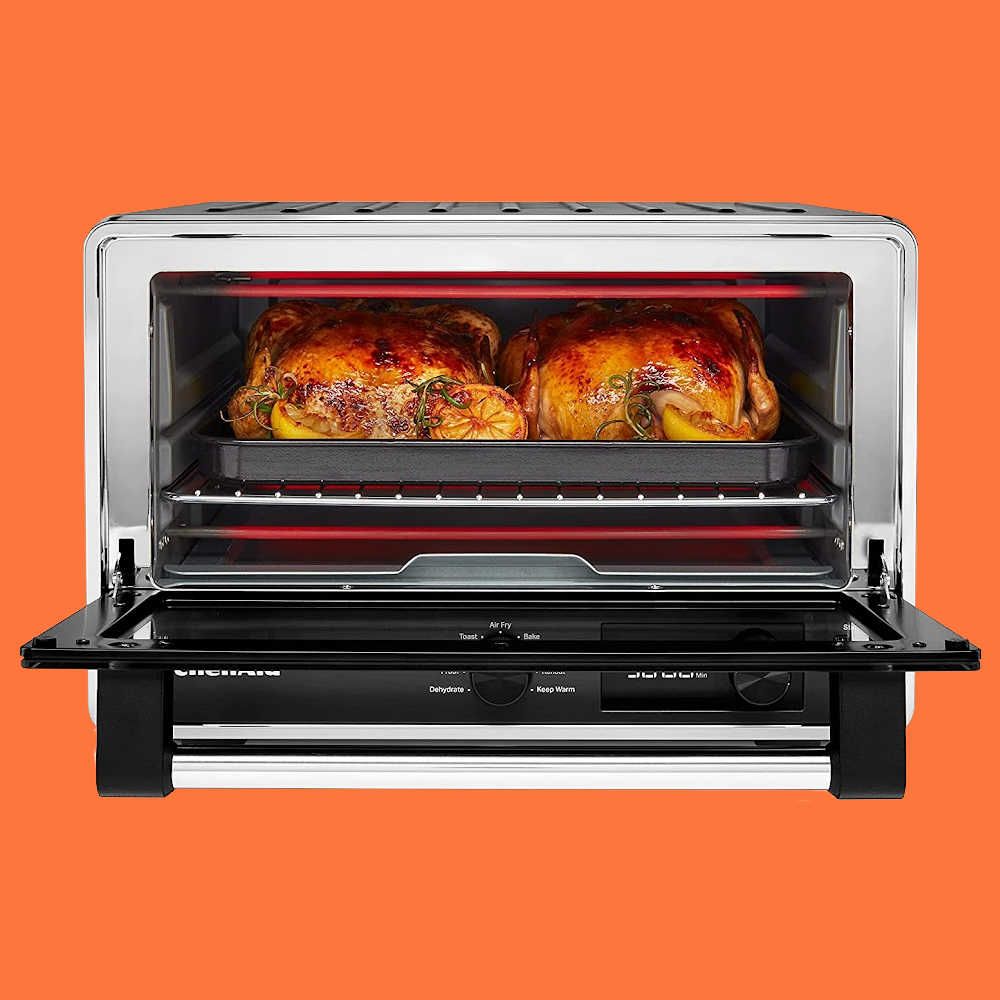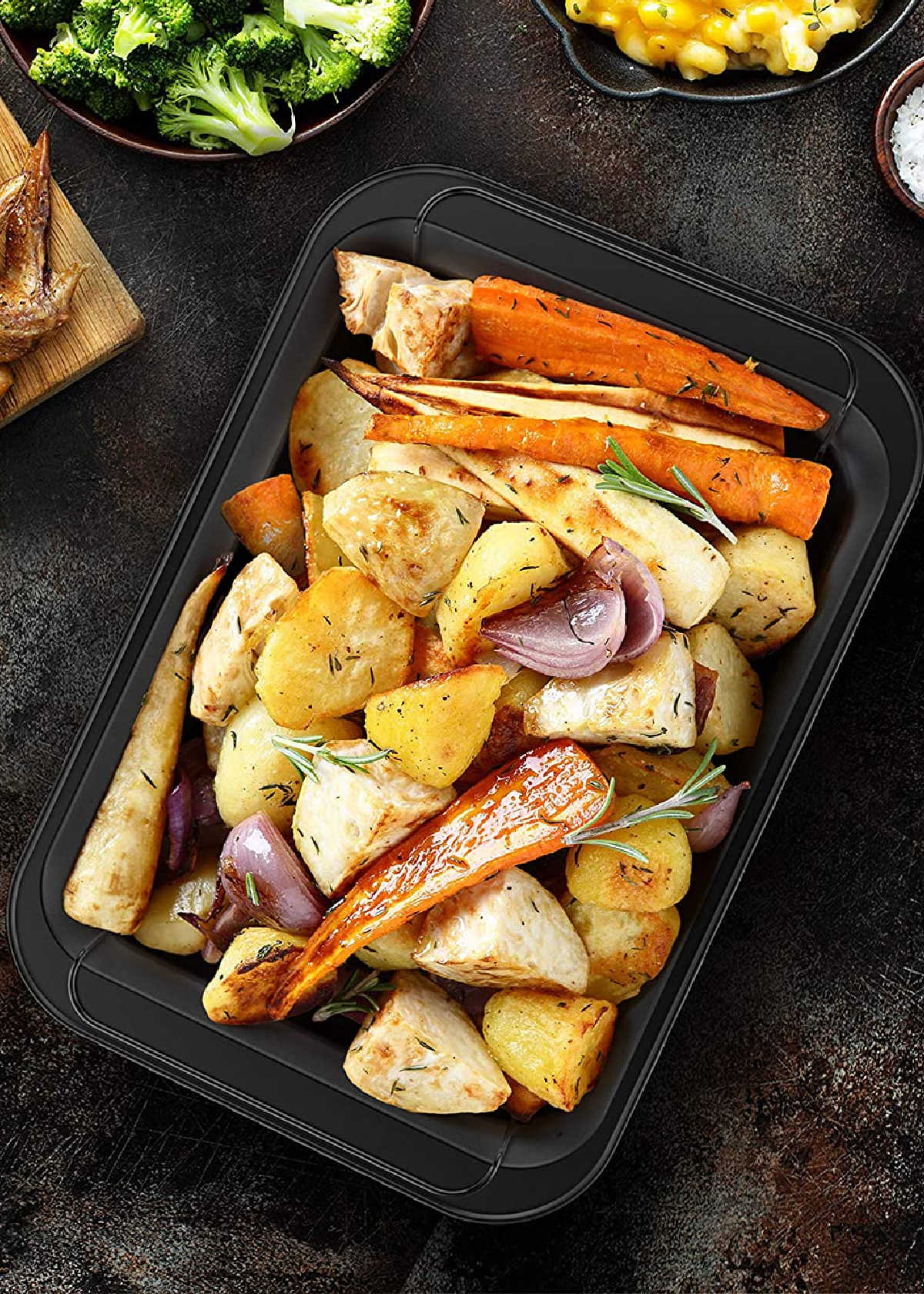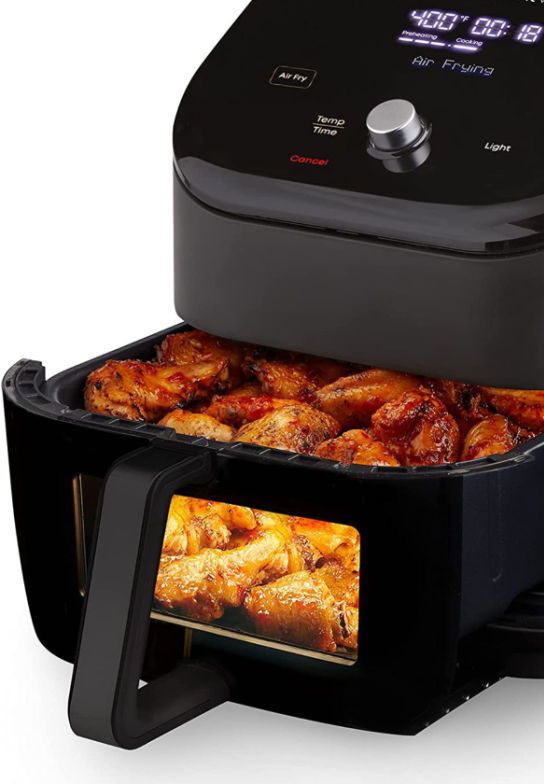Content Summary
Mini fridges come in handy for people who have limited space or for those who want to keep their food and drinks cold without using a large appliance.
However, you may be hesitant to invest in a mini fridge. Perhaps because you wonder if it will use a lot of electricity, and therefore, raise your electricity bill.
In this blog post, we will provide you with a quick guide about how much energy different mini-fridges consume, so you can have a better understanding of their energy consumption and how to save energy usage.
So when you have, or consider buying a mini fridge, use this information and tips.

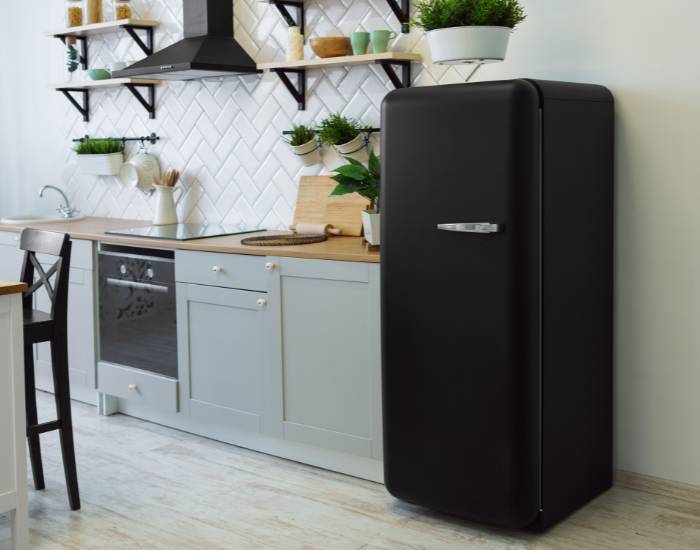
Do Mini Fridges Use A Lot Of Electricity?
How much electricity does a mini fridge use? The average mini fridge uses about 230 to 310 kWh. The electricity usage of a mini fridge varies depending on the size, model, age, features, and how frequently it's being used.
Here's a breakdown of exactly how much electricity a mini fridge consumes, according to size, per day, per month, and per year:
Size | per day | per month | per year
1.7 cu | 0.18 kWh | 5.4 kWh | 64.8 kWh
2.5 cu | 0.21 kWh | 6.3 kWh | 75.6 kWh
3.2 cu | 0.24 kWh | 7.2 kWh | 86.4 kWh
4.5 cu | 0.31 kWh | 9.3 kWh | 111.6 kWh
Now you can calculate how much a mini fridge costs. If you want to know more, read here the ElectricRate's article about energy consumption of a mini fridge.
Keep in mind that these are just estimates and your mini fridge's energy consumption may vary depending on your usage habits and is the environment.
What Affects A Mini Fridge's Electricity Usage?
Before we dive into the details, let's understand how mini-fridges use electricity. Like all refrigerators, mini fridges rely on compressors to cool the inside air.
These compressors consume energy continuously to maintain the desired temperature and the fans that circulate the refrigerant use electricity as well. Find more details about how the mini refrigerators work in our article here.
Here are 5 factors that affect a mini fridge's electricity consumption:
1. Size
- The larger a compact refrigerator, the more electricity it uses.
2. Age
- Older mini-fridges tend to be less energy efficient than newer models.
- As mini-fridges get older, they become less energy-efficient due to the wear and tear of the compressor and other components.
3. Features
- Some mini fridges come with features such as a freezer compartment, ice maker, water dispenser, and thermostat control, all adding to how much power they need.
- The compact fridge's insulation quality affects how efficiently it preserves the cool air and reduces electricity consumption.
4. Location
- A mini fridge placed in the often higher ambient temperature of a warm kitchen or a dorm room will use more electricity than one placed in a cooler room.
5. Usage Habits
- Door seals play a role in minimizing temperature leaks. Ensure you have good door seals to reduce air leakage and your mini fridge's energy consumption.
- Opening and closing the fridge door too often will cause the mini fridge to work harder, using more electricity in the process.


How To Optimize The Energy Consumption
Here are some tips on how to lessen your mini fridge's electricity consumption:
1. Choose The Right Model
- Choose a mini fridge that fits your needs but is not too large for the space you have available.
- Consider selecting an Energy Star-rating refrigerator, which typically uses 10% to 15% less energy than standard models.
2. Keep It Full
- Keep the fridge stocked, since full fridges work more efficiently than empty ones.
- A full mini fridge doesn't have to work as hard to keep the internal temperature cool. Just don't overload.
3. Regular Maintenance
- Clean the coils at the back of your mini fridge to ensure that it runs smoothly and efficiently.
- Defrosting and cleaning the mini fridge regularly can help keep its cooling capacity in shape and reduce its daily energy consumption.
4. Optimize Temperature
- Resist the temptation to adjust the temperature or play with the settings: every degree you raise or lower the temperature adds approximately 5% to your mini fridge's energy consumption. The more energy, the more it costs to run a mini fridge.
- Set your mini fridge temperature at the recommended level (between 36 to 40 degrees Fahrenheit).
5. Keep It In A Cool Place
- Avoid exposing it to direct sunlight (window) or heat sources (oven, heater).
- Place your mini fridge in a cool and well-ventilated area (including an underneath countertop, built-in solution.).
- Unplug it when not in use. This will also help reduce electricity costs.


Mini Fridges Energy Consumption FAQs
Here are answers to some of the most commonly asked questions about how much electricity mini-fridges consume.
Are mini-fridges energy efficient?
Mini fridges can be energy-efficient when chosen and used correctly. By following the tips mentioned above, you can make sure that your mini fridge uses the least amount of energy possible.
Investing in an Energy Star-certified refrigerator is worth it if you want to keep your food and beverages cold without wasting electricity.
Should you leave a mini fridge on all night?
Definitely. That is if you want your food and beverages to stay cool.
But when not in use (like when you're on holiday) it is best to turn it off. Doing so will save energy and money, as it won't have to work hard to maintain the temperature.
If you are not using a mini fridge for extended periods, it is best to unplug it and temporarily store the food in a cooler - or better, consume it.
Can a mini fridge be on 24/7?
A mini fridge can be on 24/7 if it is needed to keep food and drinks cold. However, it is advised to turn off the mini fridge when not in use and unplug it if you plan to leave it for an extended period, say 2+ weeks.
What is the disadvantage of a small fridge?
The disadvantage of a small fridge is that it may not be able to store as much food or beverages as you might need.
Additionally, they can be less energy efficient compared to full-size refrigerators as they have to work harder to keep the temperature stable.
Finally, a mini refrigerator may not always come with all the handy features of a large fridge, such as water and ice dispensers.
Do mini-fridges put out a lot of heat?
Mini fridges, or "compact refrigerators", generally do not put out a lot of heat. However, they can become warm to the touch if they are overworking or running for long periods.
If you feel that your mini fridge is getting too hot, it may be a sign that it is not working efficiently, use more power, and after maintenance and defrosting, should be checked by a professional.
Regularly checking the insulation, door seals, ice build-up and coils can help ensure that your mini fridge runs efficiently and doesn't produce too much heat.
Tips & Tricks
- Use a power strip to plug in multiple appliances at once. This will make it easier for you to turn them all off when not in use, and you won't have to unplug each appliance separately.
- Stick to the recommended temperature settings and avoid changing them too often. Doing so will help to reduce your fridge's power usage, in other words: your actual energy consumption.
- Consider using timers or smart plugs to turn off the mini fridge when it is not in use. This will help to save energy and money on your annual energy consumption and of course, your monthly (annual) energy cost.
- Invest in insulation if necessary. Good insulation can help keep the internal temperature of your mini fridge stable and reduce energy consumption.
- Monitor your mini fridge's average energy consumption occasionally and adjust your habits as needed - even if this may be hard to do. Tip: Avoid repeatedly opening the fridge door, or keep the fridge door open longer than strictly necessary.
- Follow the manufacturer's instructions for maintenance and cleaning. Regularly defrosting and cleaning your mini fridge is vital to maintain its energy efficiency, and to keep your energy bill under control.
In conclusion, mini fridges do not necessarily use a lot of electricity. However, their electricity usage can vary depending on the size of the mini fridge, how often it's used, and other factors.
Need an Energy Star rating mini-fridge? Check out our blog post below with reviews on the mini-fridges with freezers. We'll help you make an informed decision and get the most efficient fridge for your needs.
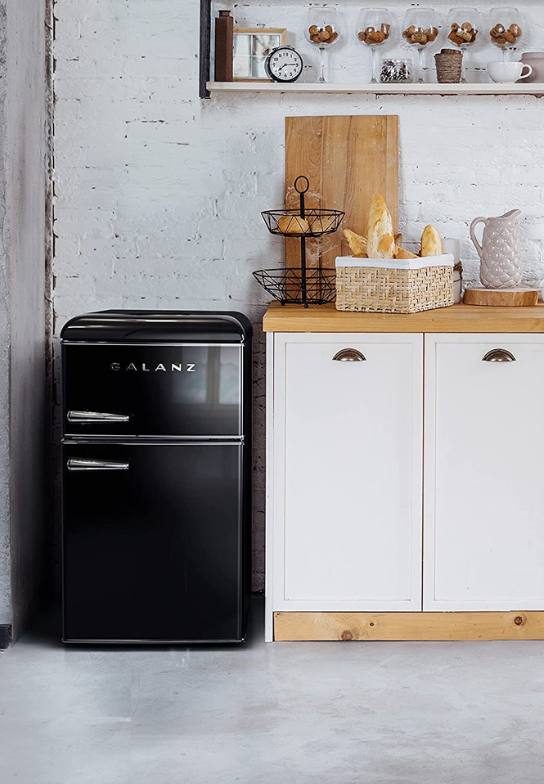
We hope this in-depth guide has shed light on your concerns about mini fridge electricity usage and helped you understand how to improve your fridge's energy consumption management.
By following the tips discussed above, you can reduce your mini fridge's electricity usage, save on energy costs, and reduce your carbon footprint.
Happy cooling!
Catchy Finds




